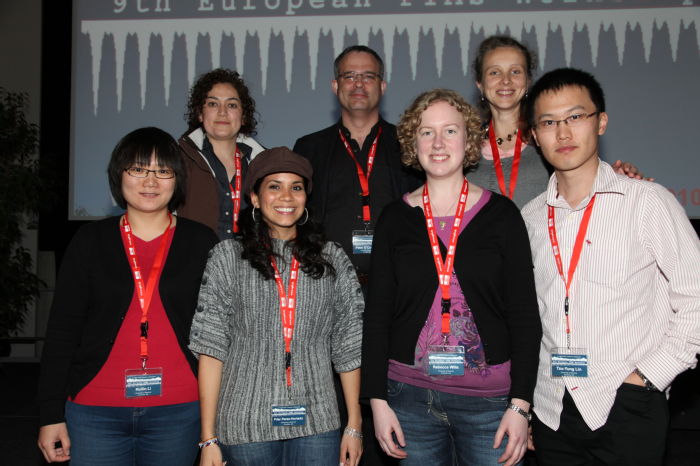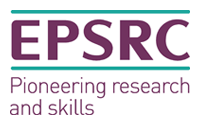Advanced Topics in Mass Spectrometry Workshop

Advanced Topics in Mass Spectrometry - 9th-10th September, 2010
CONFIRMED SPEAKERSProfessor Fred McLafferty, Cornell University - "Top-down analysis of proteins"Professor Jim Scrivens, University of Warwick - "Ion Mobility Mass Spectrometry"Professor Malcolm Clench, Sheffield Hallam University - "Imaging mass spectrometry"Dr Helen Cooper, Birmingham University - "Electron Capture Dissociation"Professor Keith Jennings, University of Warwick - "Tandem mass spectrometry"Professor Peter O'Connor, University of Warwick - "Fourier Transform Ion Cyclotron Resonance Mass Spectrometry"
|
This workshop will focus on a series of new methods and tools that are available in mass spectrometry, including:
Tandem Mass Spectrometry
Electron Capture Dissociation
Top-down analysis of proteins
Fourier Transform Ion Cyclotron Resonance Mass Spectrometry
Ion Mobility Mass Spectrometry
Imaging Mass Spectrometry
The goal of this workshop is twofold, to introduce these techniques and to learn to interpret the resulting spectra. Thus, the lectures are expected to both explain the technique, but also to include a number of practical examples.
For the FTICR section, this will include full interpretation of a top-down spectrum of a protein and petroleum analysis examples which show how the elemental composition of each peak in the mixture can be calculated - given sufficient resolution and mass accuracy.
For the Ion Mobility Mass Spectrometry section, the examples will include how to calibrate and/or calculate the actual collision cross-section, and how to use this information to distinguish conformers, prior to MS/MS.
For the Imaging Mass Spectrometry section, the examples will include use of high resolution/elemental composition information to improve confidence in the identity of the assigned peaks, and an MS/MS imaging example.
The Electron Capture Dissociation section will cover the uses and what is currently known about the mechanism of ECD as it is applied to proteins and peptides, as well as other molecules.
The Tandem mass spectrometry section will discuss the basic concepts of MS/MS and MSn experiments, focused collisionally activated dissociation of peptides, mechanisms and applications.
The Top down section will discuss how to apply all of these methods to the direct analysis of proteins themselves.
Overall, students should come away with an appreciation for the uses, applications, and requirements for data quality in terms of resolution, sensitivity, MS/MS capabilities, and peak capacity in the various techniques discussed.
Costs:
If you would like to attend this workshop, please fill out the registration form  provided.
provided.
*Bursary funded students will be able to claim for their workshop, accommodation and subsistence costs following the workshop. If you are paying for your workshop by cheque, this will not be cashed unless you do not attend the workshop. |

